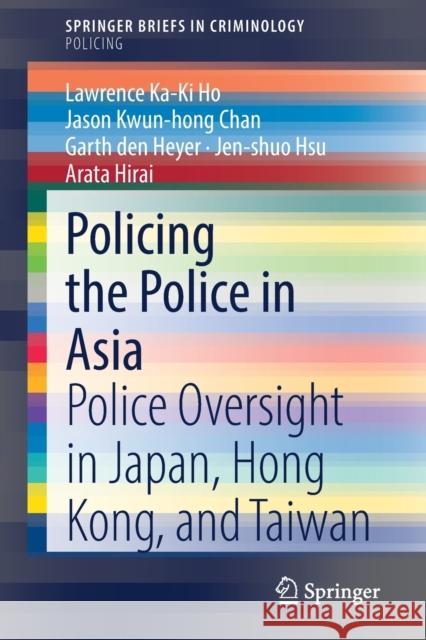Policing the Police in Asia: Police Oversight in Japan, Hong Kong, and Taiwan » książka
topmenu
Policing the Police in Asia: Police Oversight in Japan, Hong Kong, and Taiwan
ISBN-13: 9783030829803 / Angielski / Miękka / 2021 / 90 str.
Kategorie:
Kategorie BISAC:
Wydawca:
Springer
Język:
Angielski
ISBN-13:
9783030829803
Rok wydania:
2021
Wydanie:
2021
Ilość stron:
90
Waga:
0.14 kg
Wymiary:
23.39 x 15.6 x 0.48
Oprawa:
Miękka
Wolumenów:
01
Dodatkowe informacje:
Wydanie ilustrowane











